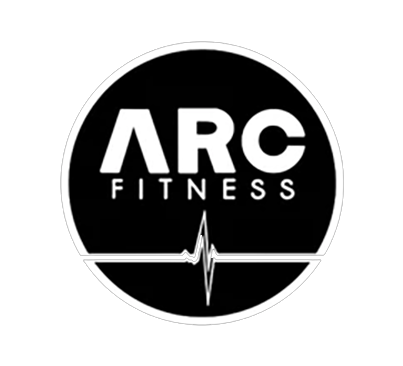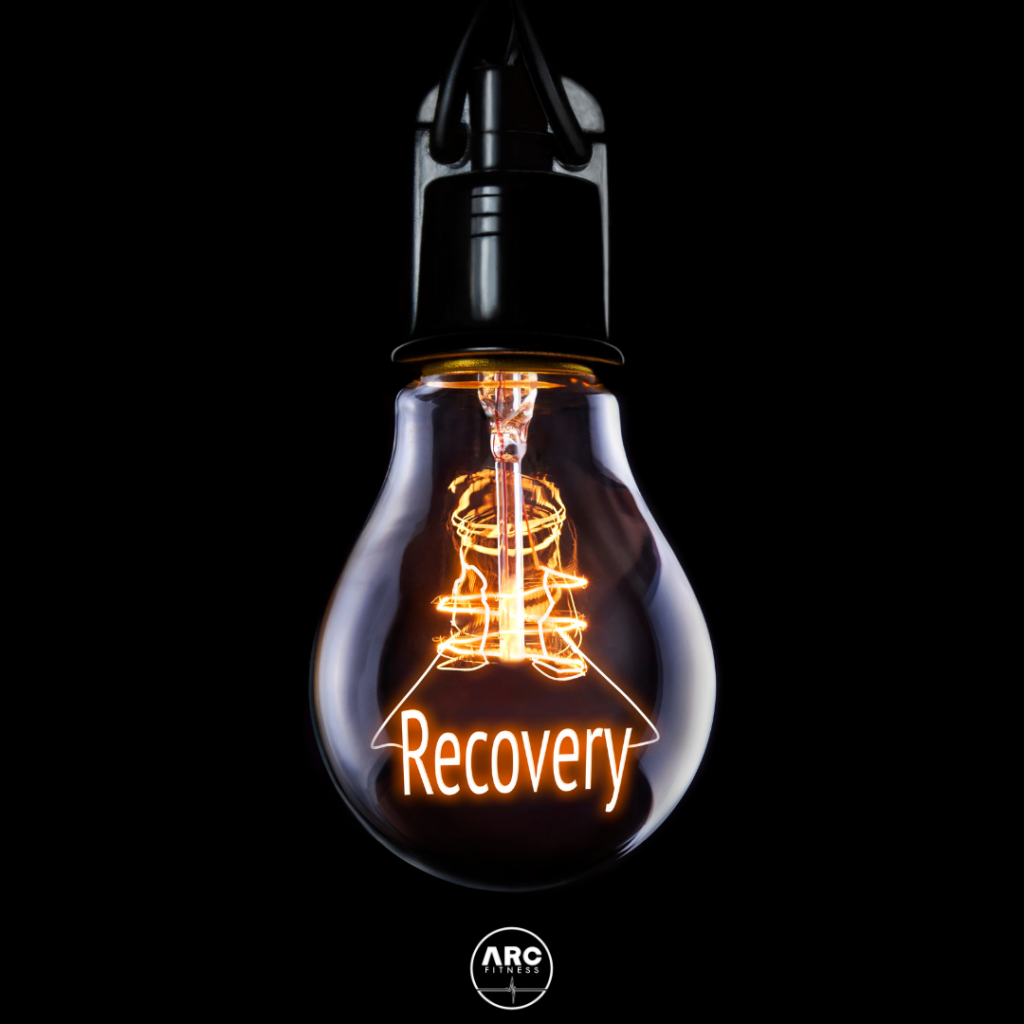No products in the basket.
Uncategorized
What Are the 5 Elements of Recovery?
What Are the 5 Elements of Recovery?
Recovery from addiction is a multi-faceted journey that requires a holistic approach. Five essential elements contribute to successful recovery. These elements encompass various aspects of an individual’s life, promoting overall well-being and sustainable sobriety.
1. Physical Health
Importance of Physical Health
Physical health is a fundamental element of recovery. Addiction takes a significant toll on the body, affecting everything from organ function to energy levels. Prioritising physical health helps restore the body’s natural balance.
Steps to Improve Physical Health
Engaging in regular exercise boosts physical fitness and mental well-being. A balanced diet provides the necessary nutrients for the body to heal. Adequate sleep is crucial for overall health and recovery. Regular medical check-ups ensure any health issues are promptly addressed.
2. Mental and Emotional Well-being
Understanding Mental Health in Recovery
Mental and emotional well-being are crucial for a successful recovery. Addiction often coexists with mental health issues like depression and anxiety. Addressing these issues is essential for long-term sobriety.
Therapeutic Approaches
Therapy, such as Cognitive Behavioural Therapy (CBT), helps individuals manage negative thoughts and behaviours. Counselling offers emotional support and guidance. Mindfulness practices, including meditation and yoga, reduce stress and improve emotional regulation.
3. Social Connections
Role of Social Support
Strong social connections are vital for recovery. Isolation can lead to relapse, while a supportive network provides encouragement and accountability. Building healthy relationships helps individuals feel connected and valued.
Building a Support Network
Reconnecting with family and friends who support recovery is beneficial. Engaging in social activities can help rebuild social skills and confidence.
4. Purpose and Meaning
Finding Purpose
Having a sense of purpose and meaning in life is essential for recovery. It provides motivation and direction, helping individuals stay focused on their recovery goals.
Pursuing Goals
Setting and achieving personal goals, whether related to career, education, or hobbies, can provide a sense of accomplishment. Volunteering or helping others can offer a sense of fulfilment. Engaging in activities that bring joy and satisfaction contributes to a meaningful life.
5. Relapse Prevention
Understanding Relapse
Relapse is a common part of the recovery journey but can be prevented with proper strategies. Understanding triggers and developing coping mechanisms are crucial for maintaining sobriety.
Strategies for Relapse Prevention
Identifying and avoiding triggers helps prevent relapse. Continuing therapy and attending support groups provide ongoing support. Developing healthy coping mechanisms, such as exercise or creative pursuits, helps manage stress and emotions. Having a relapse prevention plan in place ensures a quick response if a relapse occurs.
Conclusion
The five elements of recovery—physical health, mental and emotional well-being, social connections, purpose and meaning, and relapse prevention—form a comprehensive framework for a successful recovery journey. Each element plays a vital role in promoting overall well-being and sustainable sobriety. By focusing on these elements, individuals can build a fulfilling and healthy life in recovery. Recovery is a continuous process, but with dedication and support, it is achievable.

